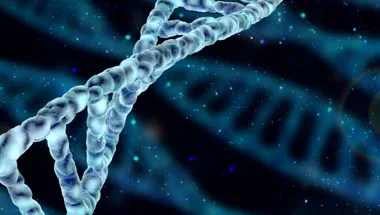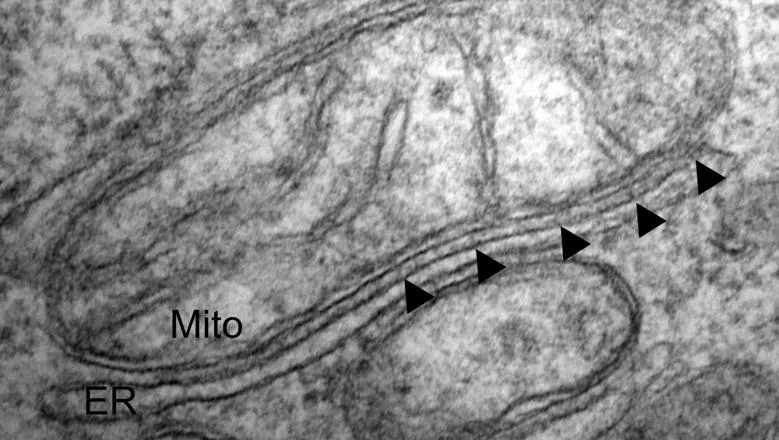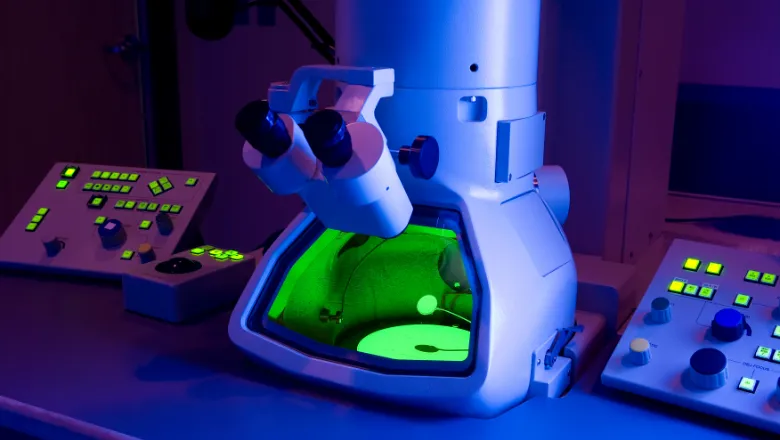
Dr Joe Atherton
Senior Lecturer in Cryo-electron Microscopy
Research interests
- Biomedical and life sciences
Biography
Microtubules are essential dynamic cytoplasmic filaments, serving structural roles and as platforms for molecular motors and compartmentalised signalling. Microtubule organisation is regulated by an array of binding partners. Microtubules and associated proteins are indispensable to eukaryotic cellular fundamentals including cell division, differentiation and plasticity. Their dysfunction or hijack are implicated in cancers, neurological conditions and infectious diseases. Our group aims to unveil the mechanisms of microtubule-associated regulators and molecular motors integral to cellular function and dysfunction, with a central nervous system emphasis, primarily using the powerful and popular technique of cryo-electron microscopy to determine structure-function relationships at various scales.
Course teacher: Protein Structure and Function
Research

Atherton Group
The Atherton Group aims to unveil the mechanisms of microtubule-associated regulators and molecular motors integral to cellular function and dysfunction.

RNA Biology
RNA is at the forefront of biomedical research for its central role in how information is transferred from DNA to protein. This Research Interest Group is open to all interested parties from across the University.

King’s MechanoBiology Centre (KMBC)
The King’s MechanoBiology Centre gives a common platform for researchers across different disciplines with complementary interests in mechanobiology
News
£1.3 million MRC grant awarded to study neuronal signalling failure
The Medical Research Council (MRC) has awarded £1,310,130 to King's researchers for the project 'Structural and functional studies of the VAPB-PTPIP51...

New microscope allows researchers to study molecules at the level of individual atoms
King’s has been awarded £1 million to purchase the next-generation cryo-electron microscope, which promises to enhance research across the University

Research

Atherton Group
The Atherton Group aims to unveil the mechanisms of microtubule-associated regulators and molecular motors integral to cellular function and dysfunction.

RNA Biology
RNA is at the forefront of biomedical research for its central role in how information is transferred from DNA to protein. This Research Interest Group is open to all interested parties from across the University.

King’s MechanoBiology Centre (KMBC)
The King’s MechanoBiology Centre gives a common platform for researchers across different disciplines with complementary interests in mechanobiology
News
£1.3 million MRC grant awarded to study neuronal signalling failure
The Medical Research Council (MRC) has awarded £1,310,130 to King's researchers for the project 'Structural and functional studies of the VAPB-PTPIP51...

New microscope allows researchers to study molecules at the level of individual atoms
King’s has been awarded £1 million to purchase the next-generation cryo-electron microscope, which promises to enhance research across the University

